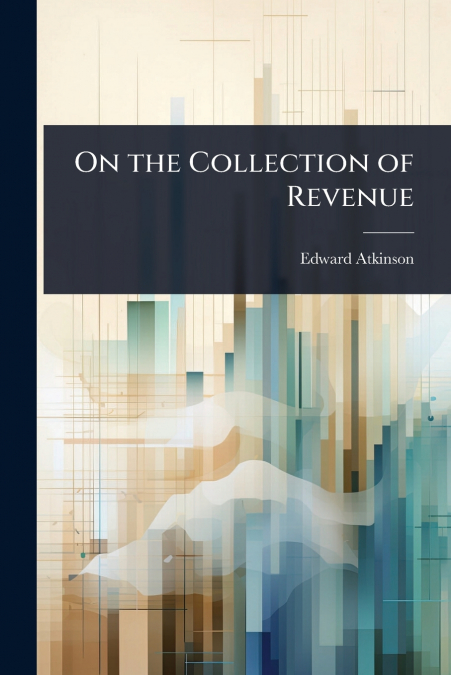
Edward Atkinson
âOn the Collection of Revenueâ (1869) by Edward Atkinson presents a comprehensive analysis of economic principles related to revenue generation and trade. Atkinson, a prominent economist, explores various facets of taxation, free trade, and protectionist policies, offering insights into the impact of these measures on economic growth and societal welfare. The treatise delves into discussions on topics such as the spinning jenny, steam engine, surplus product, and paper money, weaving these elements into a broader narrative about economic forces and their consequences. Atkinson draws references from various geographical contexts, including South Africa and Canada, to illustrate his points and provide a comparative perspective. This book is valuable for readers interested in understanding 19th-century economic thought, offering a glimpse into the debates and perspectives that shaped fiscal and trade policies during the era. Atkinson’s work remains relevant for economists, historians, and anyone seeking a deeper understanding of the principles underpinning revenue collection and economic development.This work has been selected by scholars as being culturally important, and is part of the knowledge base of civilization as we know it. This work was reproduced from the original artifact, and remains as true to the original work as possible. Therefore, you will see the original copyright references, library stamps (as most of these works have been housed in our most important libraries around the world), and other notations in the work.This work is in the public domain in the United States of America, and possibly other nations. Within the United States, you may freely copy and distribute this work, as no entity (individual or corporate) has a copyright on the body of the work.As a reproduction of a historical artifact, this work may contain missing or blurred pages, poor pictures, errant marks, etc. Scholars believe, and we concur, that this work is important enough to be preserved, reproduced, and made generally available to the public. We appreciate your support of the preservation process, and thank you for being an important part of keeping this knowledge alive and relevant.